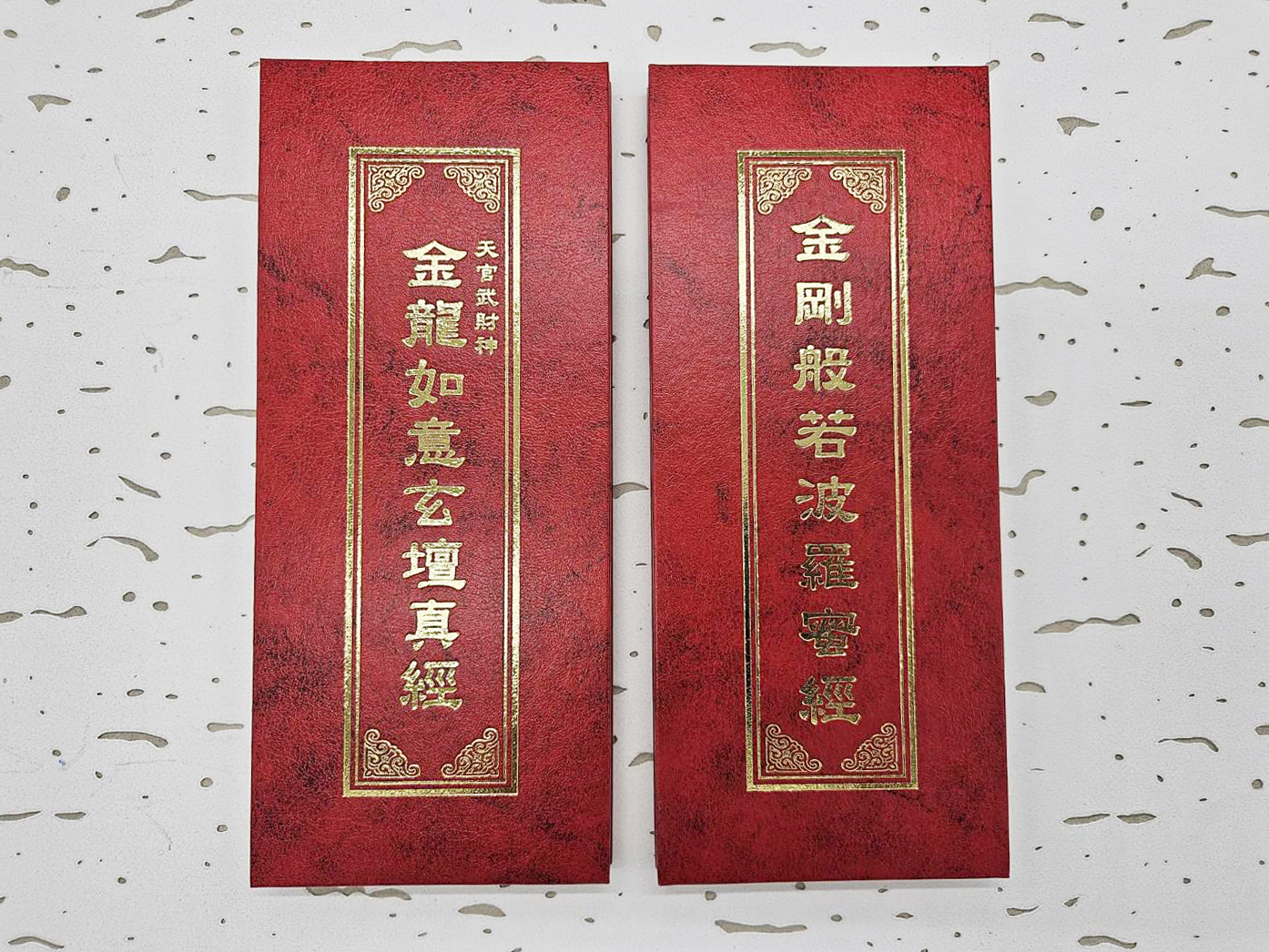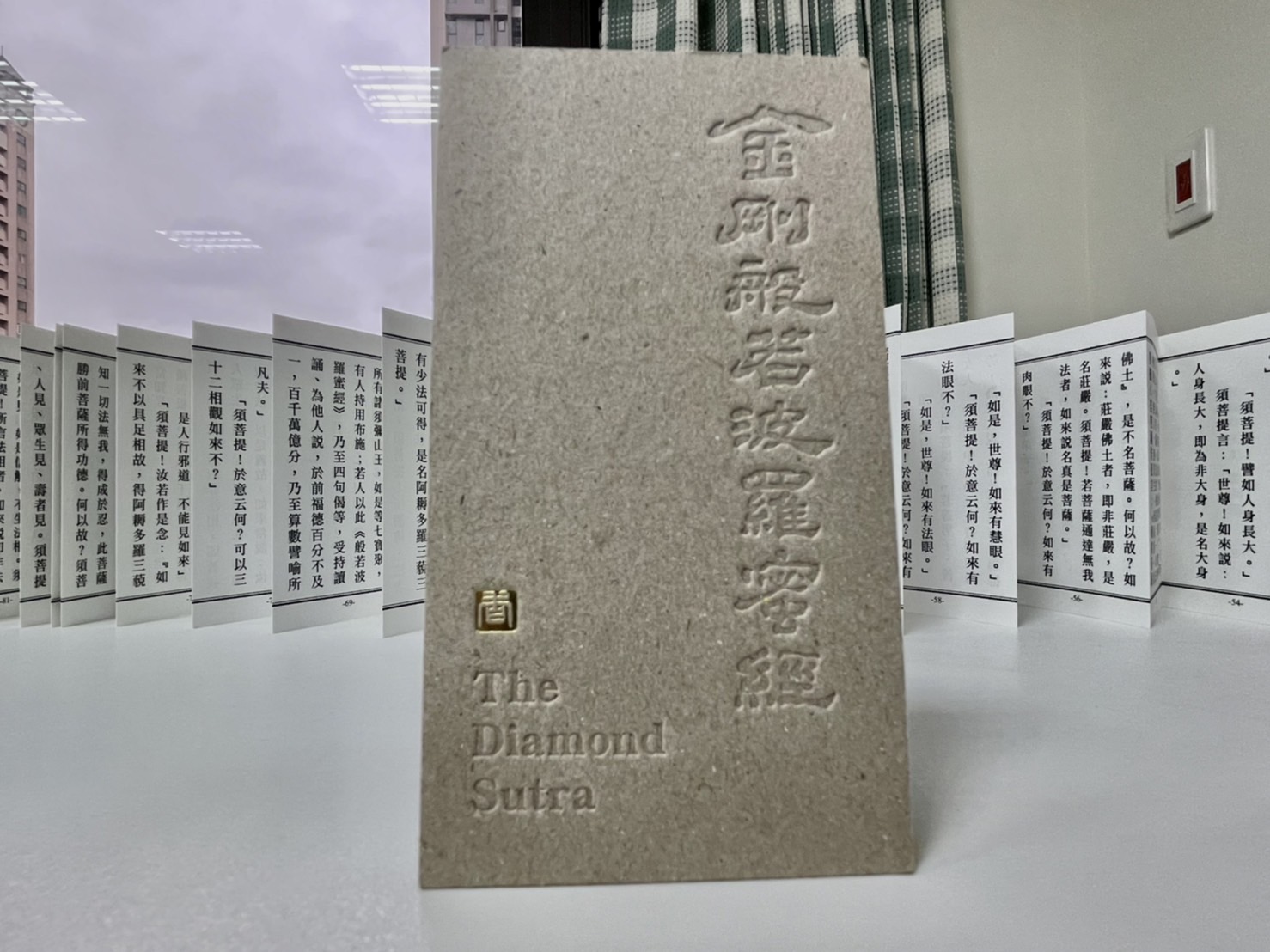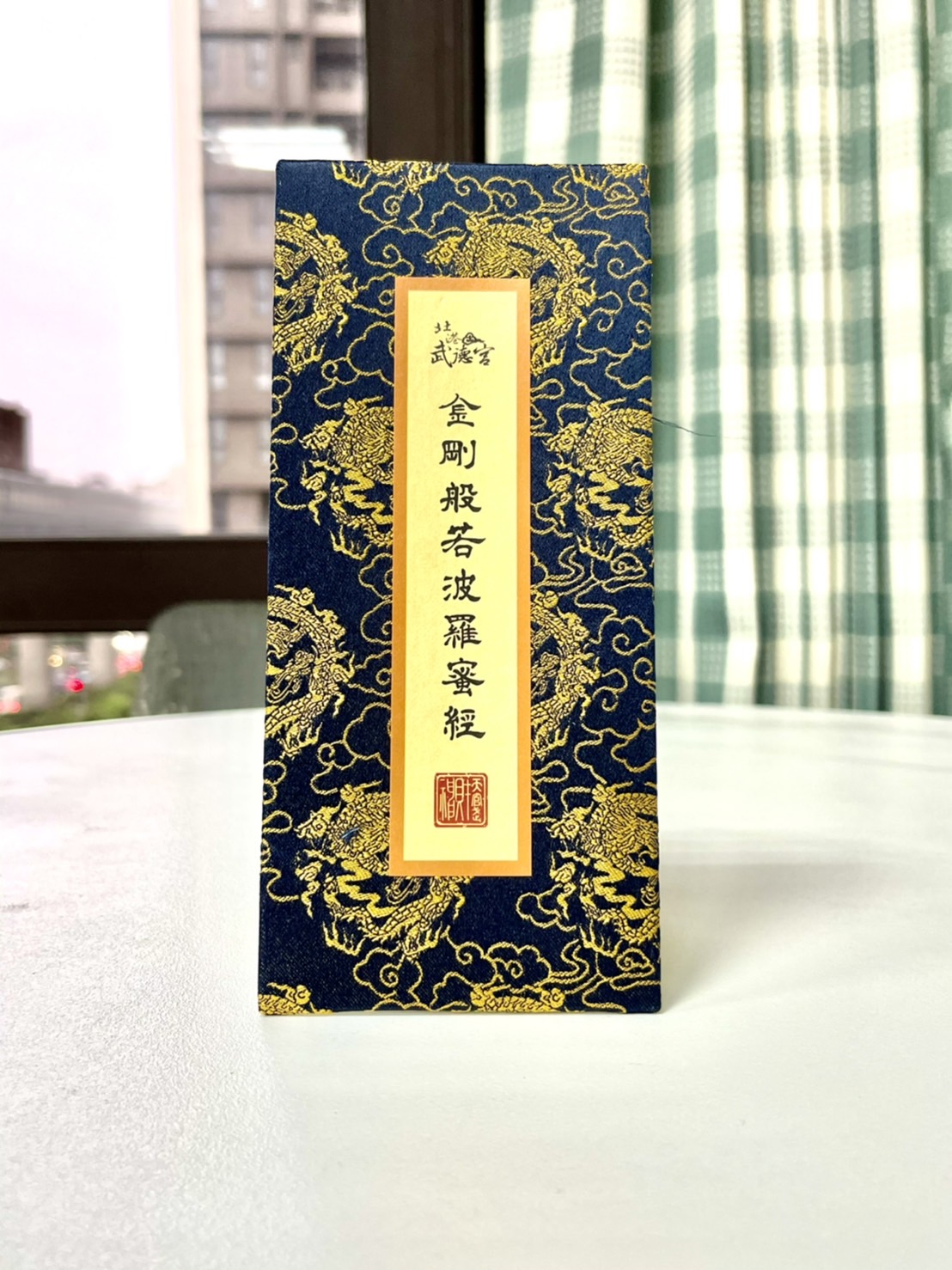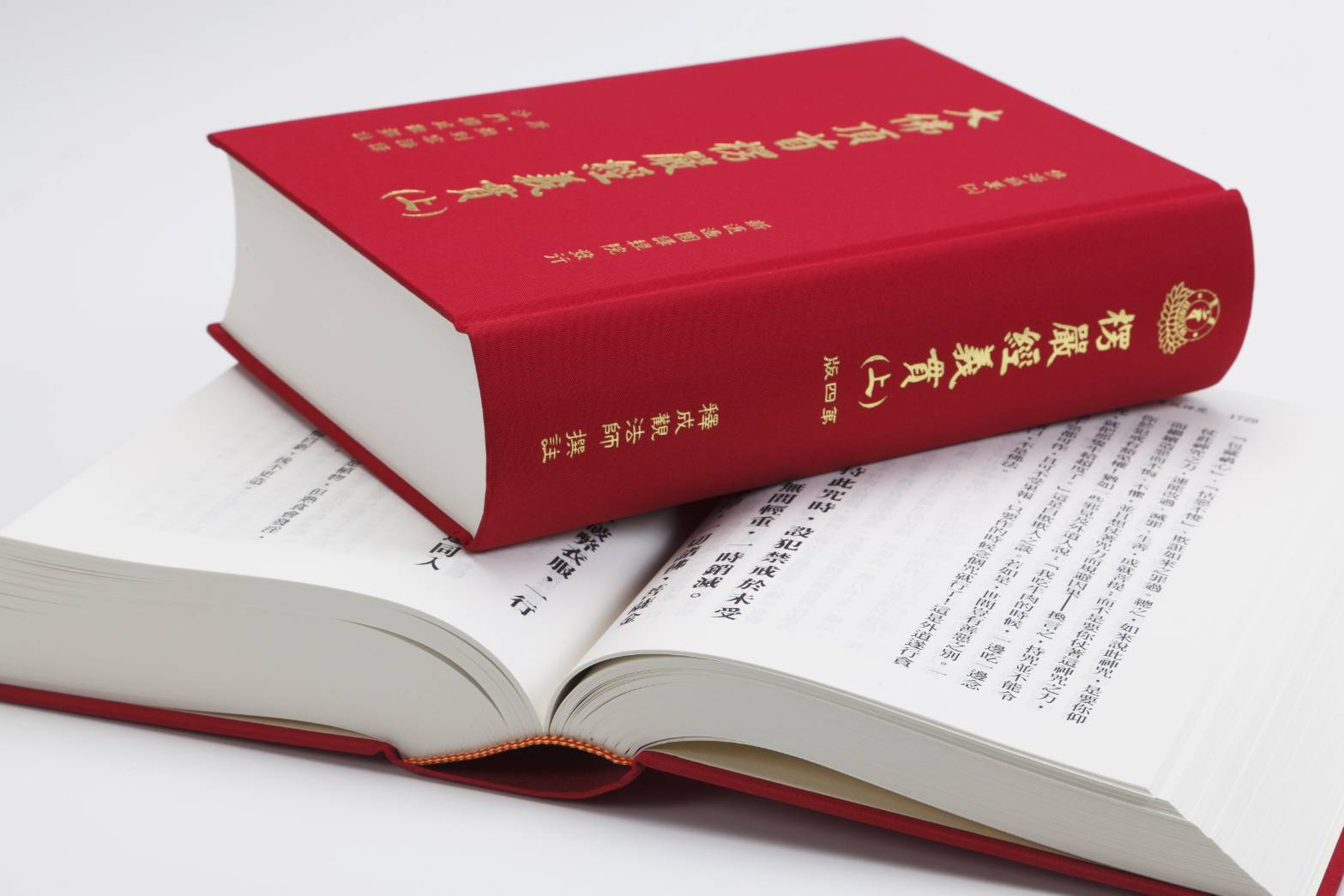The Diamond Sutra
-
sentiment_very_satisfied
Viewers:
- 366



1. Convocation of the Assembly 法 會 因 由 分 第 一
Thus I have heard. Once, the Buddha was staying in the Jetavana Grove in Śrāvastī with a community of 1,250 monks. Then, at mealtime, the World-honored One put on his robe, took his bowl, and went into the great city of Śrāvastī to seek alms food, going from house to house within the city. Finishing, he returned home and took his meal. He then put away his robe and bowl, washed his feet, arranged his seat, and sat down.
如是我聞。一時佛在舍衛國祇樹給孤獨園。與大比丘衆千二百五十人倶。爾時世尊食時著衣持缽入舍衛大城乞食。於其城中次第乞已。還至本處飯食訖。收衣缽洗足已敷座而坐。
2. Where should practitioners abide mentally, and how should they control their thoughts? 善 現 啟 請 分 第 二
The elder Subhūti, who was in the great assembly, then arose from his seat, stood up, bared his right shoulder, kneeled down with his right knee, clasped his hands together and respectfully addressed the Buddha, saying: “How rare is the World-honored One! The Tathāgata is well mindful of all the bodhisattvas; he keeps them well in his fold. World-honored One, when good sons and good daughters seek peerless perfect enlightenment, in what should they abide, and how should they subdue their thoughts?”
The Buddha said, “Excellent! Excellent! Subhūti, it is as you have said. The Tathāgata is well mindful of all the bodhisattvas, and is skilful at keeping them in his fold. Now you listen well, and I shall explain it for you.”
“If good sons and good daughters would like to arouse the mind of peerless perfect enlightenment, they should abide like this and subdue their thoughts like this.”
The Venerable Subhūti said: “Yes, please do so, World-honored One. We are listening with great anticipation.”
時長老須菩提在大衆中。卽從座起、偏袒右肩、右膝著地。合掌恭敬而白佛言、希有世尊。如來善護念諸菩薩。善付囑諸菩薩。世尊、善男子善女人。發阿耨多羅三藐三菩提心、應云何住, 云何降伏其心。佛言、善哉善哉。須菩提、如汝所說。如來善護念諸菩薩、善付囑諸菩薩。汝今諦聽、當爲汝說。善男子、善女人。發阿耨多羅三藐三菩提心。應如是住如是降伏其心。唯然世尊、願樂欲聞。
3. The Bodhisattva's Vow 大 乘 正 宗 分 第 三
The Buddha said to Subhūti: “The bodhisattvas and mahāsattvas should subdue their thoughts like this: All the different types of sentient beings, whether they be born from eggs, born from a womb, born from moisture or born spontaneously; whether or not they have form; whether they abide in perceptions or no perceptions; or without either perceptions or non-perceptions, I save them by causing them to enter nirvana without remainder. And when these immeasurable, countless, infinite number of sentient beings have been liberated, in actuality, no sentient being has attained liberation. Why is this so? Subhūti, If a bodhisattva abides in the signs of self, person, sentient being, or life-span, she or he is not a bodhisattva.”
佛吿須菩提、諸菩薩摩訶薩應如是降伏其心。所有一切衆生之類。若卵生若胎生若濕生若化生。若有色若無色。若有想若無想。若非有想非無想。我皆令入無餘涅槃而滅度之。如是滅度無量無數無邊衆生、實無衆生得滅度者。何以故。須菩提、若菩薩有我相人相衆生相壽者相。卽非菩薩
4. Unattached practice of charity 妙 行 無 住 分 第 四
“Furthermore Subhūti, when bodhisattvas practice charity, they should not abide [in the notion that they are practicing charity]. This is what is called ‘practicing charity while not abiding in form,’ and ‘practicing charity while not abiding in sound, odor, taste, touch, or conceptions.’ Why? If bodhisattvas practice charity while not abiding in signs of charity, their merit will be incalculable. Subhūti, what do you think? The space in the easterly direction is incalculable, is it not?”
“You are right, World-honored One, it is not calculable.”
“Subhūti, is all of the space in the four cardinal directions, the four intermediate directions, the zenith, and the nadir calculable?”
“It is incalculable, World-honored One.”
“Subhūti, the merits attained by bodhisattvas who practice charity without abiding in its signs are also incalculable like this. Subhūti, the bodhisattvas need only focus themselves on this teaching.”
復次須菩提、菩薩於法應無所住行於布施。所謂不住色布施。不住聲香味觸法布施。須菩提、菩薩應如是布施不住於相。何以故。若菩薩不住相布施。其福德不可思量。須菩提、於意云何。東方虛空可思量不。不也世尊。須菩提、南西北方四維上下虛空可思量不。不也世尊。須菩提、菩薩無住相布施福德、亦復如是不可思量。須菩提、菩薩但應如所教住。
5. Physical Characteristics of Buddhahood 如 理 實 見 分 第 五
“Subhūti, what do you say? Can one discern the Tathāgata by means of his bodily characteristics?”
“No, World-honored One. One cannot see the Tathāgata by means of bodily characteristics. Why not? The bodily characteristics taught by the Tathāgata are actually not bodily characteristics.” The Buddha said to Subhūti: “All things that have characteristics are false and ephemeral. If you see all characteristics to be non-characteristics, then you see the Tathāgata.”
須菩提、於意云何。可以身相見如來不。不也世尊。不可以身相得見如來。何以故。如來所說身相卽非身相。佛吿須菩提、凡所有相皆是虛妄。若見諸相非相則見如來。
6. The merit of true faith 正 信 希 有 分 第 六
Subhūti addressed the Buddha, saying: “World-honored One, will there be sentient beings who are able, upon hearing these words and sentences, to give rise to true faith?”
The Buddha said to Subhūti,“Do not even say such a thing. Five hundred lifetimes after my passing away, there will be those who observe moral discipline and cultivate merit, who will be able to give rise to the mental state of faith and take these words to be the truth. You should know that these people have not merely cultivated wholesome roots with one buddha, two buddhas, three, four, or five buddhas. They have cultivated all kinds of wholesome roots with countless hundreds of thousands of buddhas. Hearing these passages, in a single moment they give rise to pure faith. Subhūti, the Tathāgata fully knows and fully sees these sentient beings as they attain these countless merits.”
須菩提白佛言。世尊。頗有衆生得聞如是言說章句生實信不。佛吿須菩提、莫作是說。如來滅後後五百歲。有持戒修福者。於此章句能生信心以此爲實。當知是人不於一佛、二佛、三、四、五佛、而種善根。已於無量千萬佛所種諸善根。聞是章句乃至一念生淨信者。須菩提、如來悉知悉見是諸衆生得如是無量福德。
Why is this? It is because these sentient beings do not again [abide in] the notions of self, person, sentient being, or life span. Nor do they abide in the notions of the dharma, or the notions of non-dharma. Why? If the minds of these sentient beings grasp to these notions, then they will cling to self, person, sentient being, and life-span. If they grasp to the notions of phenomena, they will attach to self, person, sentient being, and life span. Why? If they grasp to the denial of phenomena, then they will attach to self, person, sentient being, and life span. Therefore one should not grasp to phenomena, and one should not deny phenomena. Expressing this, the Tathāgata always teaches: ‘Monks, understand my correct teachings to be like a raft.’ If even my correct teachings are to be abandoned, how much more incorrect teachings?
何以故。是諸衆生無復我相人相衆生相壽者相。無法相亦無非法相。何以故。是諸衆生、若心取相則爲著我人衆生壽者。若取法相卽著我人衆生壽者。何以故。若取非法相。卽著我人衆生壽者。是故不應取法。不應取非法。以是義故、如來常說汝等比丘。知我說法如筏喻者。法尚應捨、何況非法
7. No attainment, no teaching 無 得 無 說 分 第 七
“Subhūti, what do you think? Does the Tathāgata attain peerless perfect enlightenment? And does he have a teaching that he explains?”
Subhūti said: “As I understand the implications of what the Buddha has explained, there is no determinable phenomenon called peerless perfect enlightenment. And there is also no set teaching that can be delivered by the Tathāgata. Why? The teachings explained by the Tathāgata can neither be appropriated nor explained. There is neither a teaching nor a non-teaching. How can this be? All the enlightened sages are distinguished [from worldly teachers] by unconditioned phenomena.”
須菩提、於意云何。如來得阿耨多羅三藐三菩提耶。如來有所說法耶。須菩提言。如我解佛所說義。無有定法名阿耨多羅三藐三菩提。亦無有定法如來可說。何以故。如來所說法皆不可取不可說。非法非非法。所以者何。一切賢聖皆以無爲法而有差別。
From planning and filing to the completion of printed matter, printing must go through many procedures, combined with the professional skills of countless people, such as graphic designers, commercial photographers, copywriters, typewriters, artists, color separation technicians, printing technicians, Public workers, printing technicians, bookbinding, varnishing and various processing technicians, etc., without any one, can not successfully complete the printed matter, so they are all important contributors.
We assist many enterprises and organizations in the integrated planning and production of printed materials, focusing on providing comprehensive printing integration services, helping you think more, do more, and win more under limited time and money.




















